God’s Doctors
7 min read
Nearly 20 million people gained health-insurance coverage between 2010 and 2016 under the Affordable Care Act. But about half of insured adults worry about affording their monthly premiums, while roughly the same number worry about affording their deductibles. At least six states don’t include dental coverage in Medicaid, and 10 still refuse to expand Medicaid to low-income adults under the ACA. Many people with addiction never get treatment.
Religious groups have stepped in to offer help—food, community support, medical and dental care—to the desperate.
Over nine months last year, the photographer Matt Eich documented the efforts of five such organizations in his home state of Virginia. These groups operate out of trailers and formerly abandoned buildings; they are led by pastors and nuns, reverends and imams. In many cases, they are the most trusted members of their communities, and they fill care gaps others can’t or won’t. —Bryce Covert
The Health Wagon
Wise, Virginia
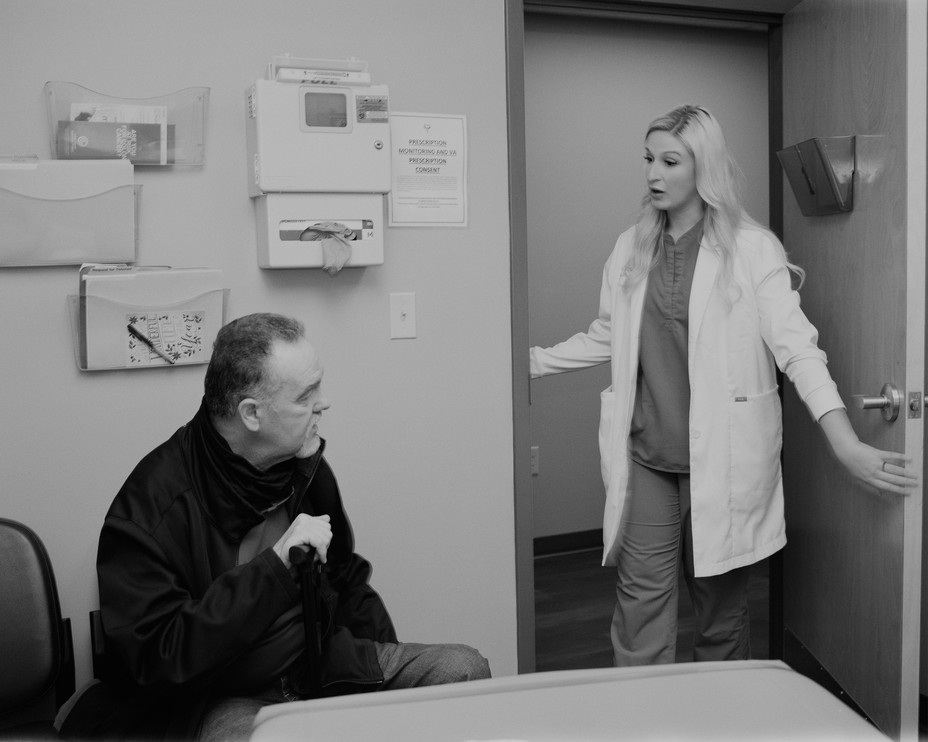
The Health Wagon is the oldest mobile free clinic in the country. It was founded in 1980 by Sister Bernie Kenny, a Catholic nun and nurse practitioner, who first offered care out of a Volkswagen Beetle. Today it has four mobile units that operate out of RVs, plus two buildings that offer medical and dental care. It plans to soon open the first nonprofit pharmacy in the region.
This is Appalachia—the western tip of the state, near the Kentucky border. The place has been hit hard by the opioid crisis, and residents suffer from high rates of cardiovascular disease, mental-health problems, diabetes, asthma, and cancer. “We’re the Lung Belt, we’re the Heart Belt, we’re the Kidney-Stone Belt,” Teresa Owens Tyson, who has been with the clinic since its early days and is now its CEO, told me. Most of the people the Health Wagon serves either don’t have insurance or have such high copays and deductibles that they can’t afford to use their policies. Tyson said she’s seen lines of people 1,600 deep waiting at the clinic at 6 a.m. Dental services are in particularly high demand: A 12-year-old recently came in whose teeth were so decayed, the child already needed dentures.
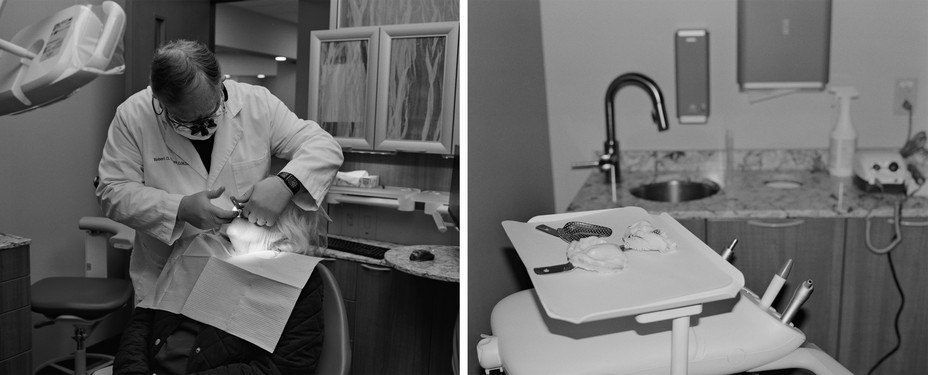
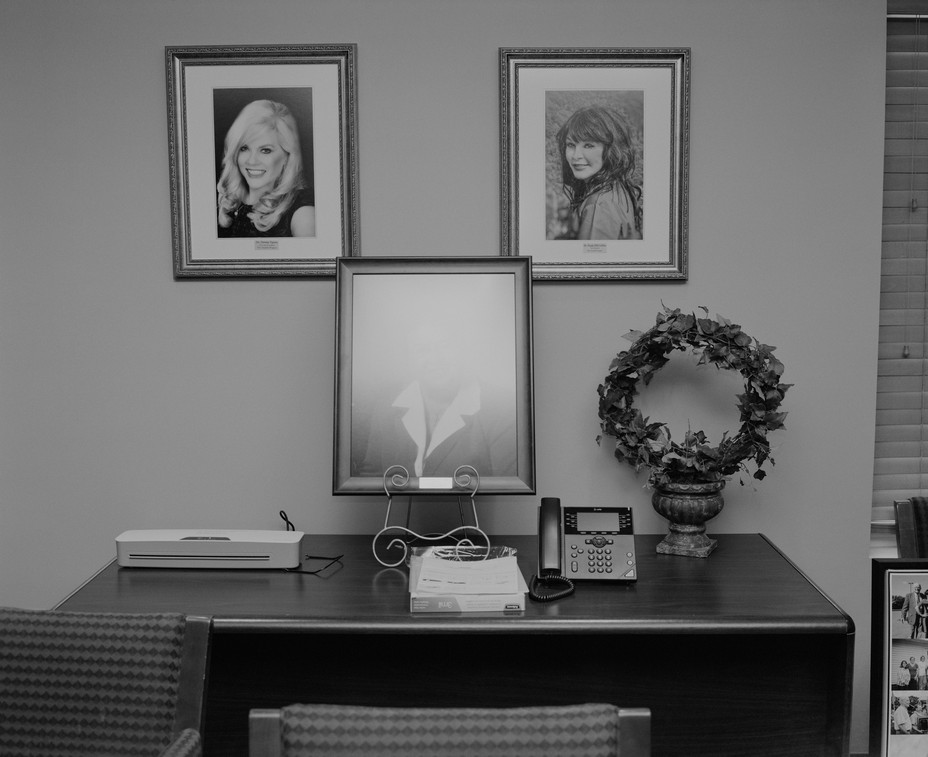
The Rec
Luray, Virginia
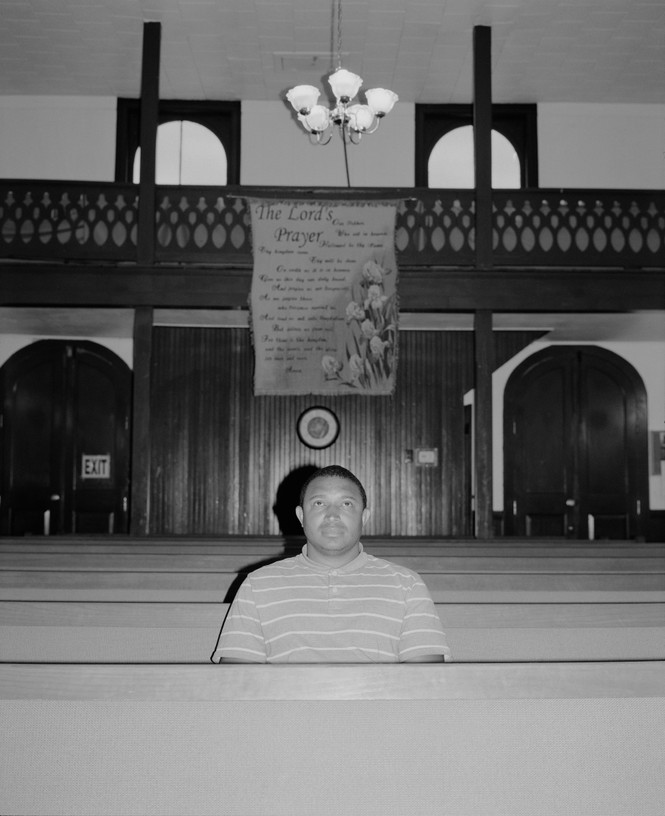
Reverend Audre King grew up in Luray. He went away to college, got married, and was living hours away in Northern Virginia when he says God told him in a dream to go back home and begin a ministry there.
He tried to buy a long-abandoned building on his childhood block, but no bank would give him a loan. Finally, the owner agreed to sell it to him for cheap if he used it to serve the community. Digging out all of the dirt and dead animals and hooking the place up to electricity and water took months, but in 2017, the Rec was up and running.
It now serves hundreds of hot meals in an area where many people live in motels without kitchens. It also provides mental-health programming, kids’ activities, a computer lab, and fitness classes. “Our goal is that anything, for whatever reason, the town or county can’t or won’t be able to fund—a resource they won’t provide—we want to be that help,” King told me.
All of its services are provided almost entirely by volunteers; the only person who gets paid is a bus driver who transports kids from their schools and homes to the Rec and back. King doesn’t take a salary for either the Rec or at the Eternal Restoration Church of God in Christ, where he serves as minister; he works for a gas company.
When he preaches at the church, he’s teaching the Gospel, he told me; but at the Rec, he’s “living the Gospel.” He pointed to Matthew 25:35–40: “For I was hungry and you gave me food … I was naked and you clothed me, I was sick and you visited me.”
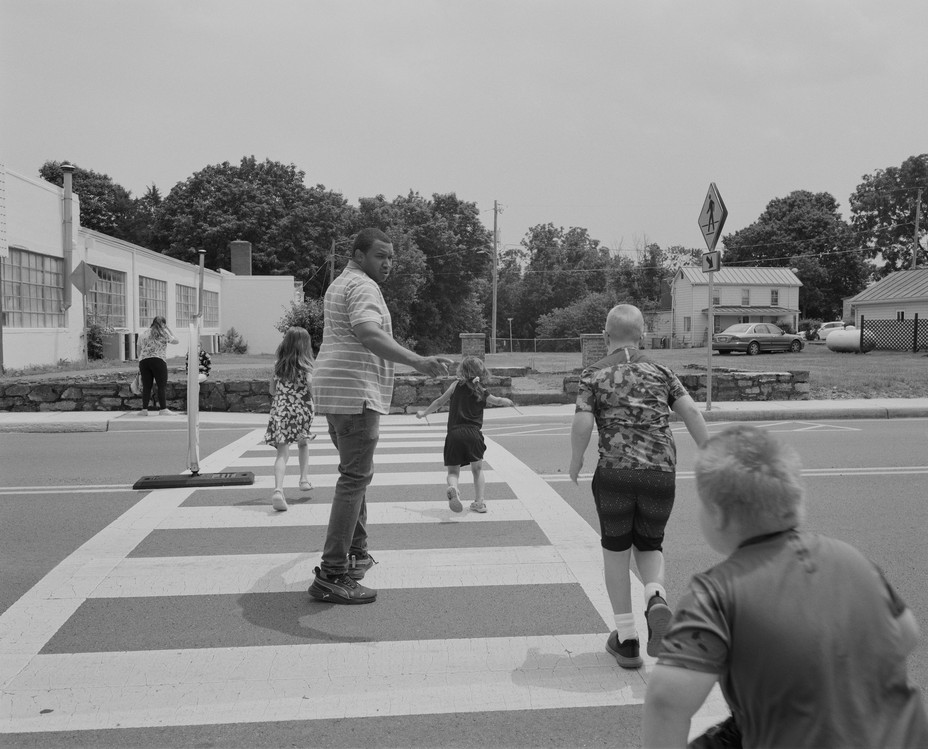
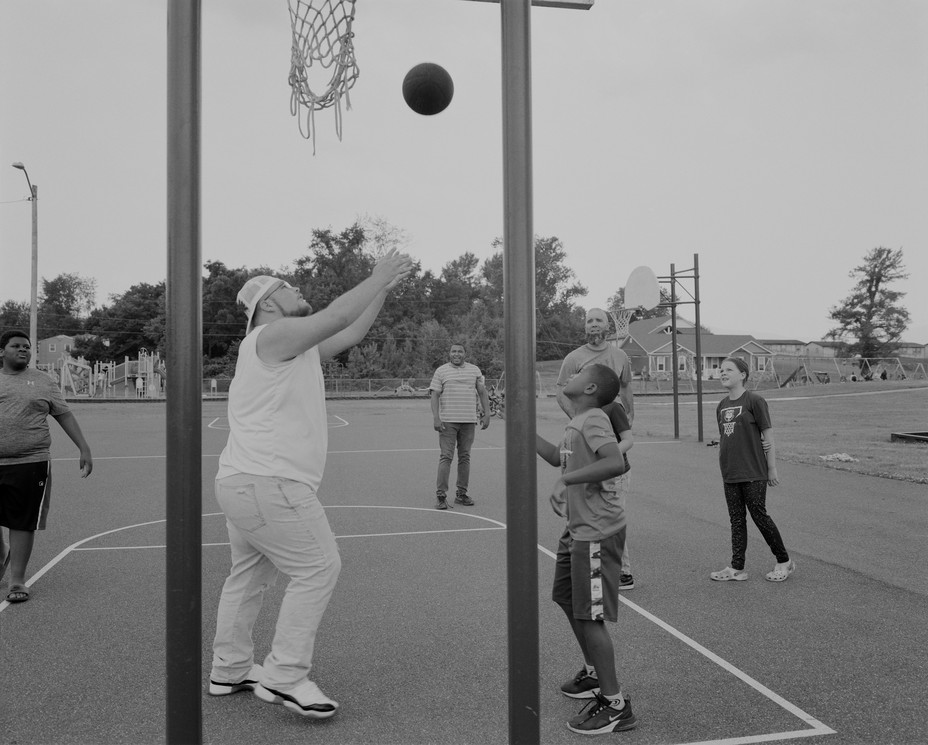
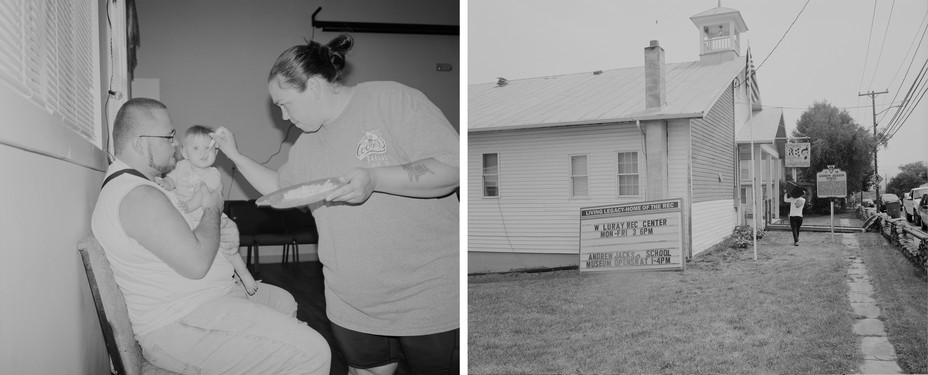
CrossOver Healthcare Ministry
Richmond, Virginia
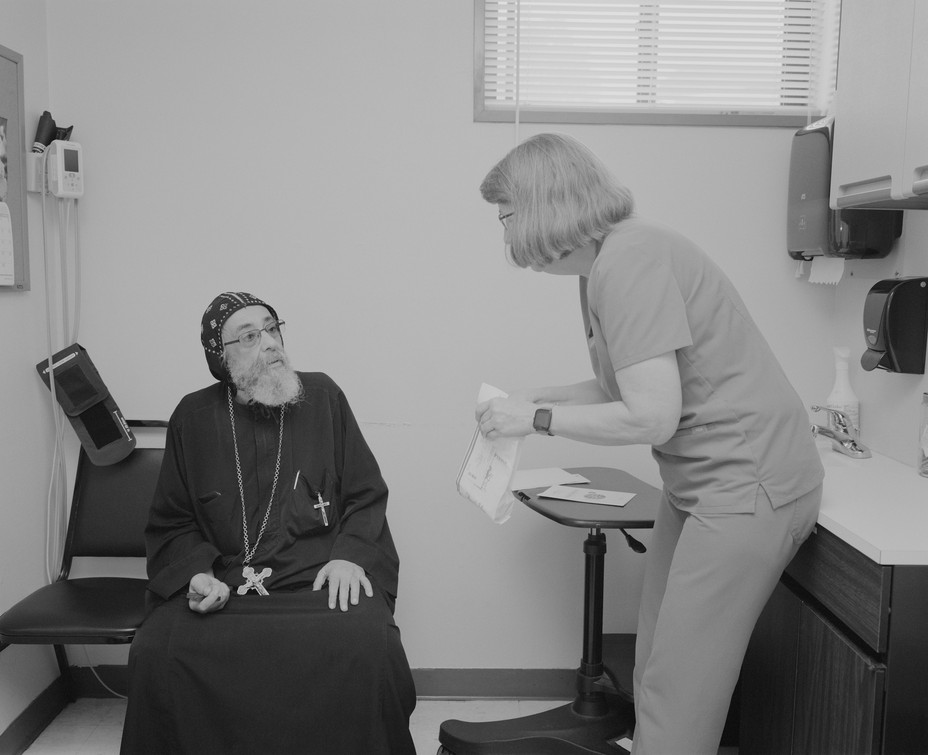
Last fiscal year, CrossOver treated more than 6,700 patients, over half of whom came from other countries as immigrants and refugees. Most undocumented immigrants can’t access Medicaid; those who can may still struggle to navigate the complex health-care system, especially if English isn’t their first language. The interdenominational group runs two free clinics offering primary care as well as cardiology and pulmonology, OB-GYN care, dental and vision care, behavioral-health services, pediatric care for children over 3, and a low-cost pharmacy. CrossOver relies on more than 400 volunteers to see patients, and still can’t open up enough appointments for everyone who comes seeking care: “We turn away about 30 to 35 people a week,” Julie Bilodeau, the group’s CEO, told me.
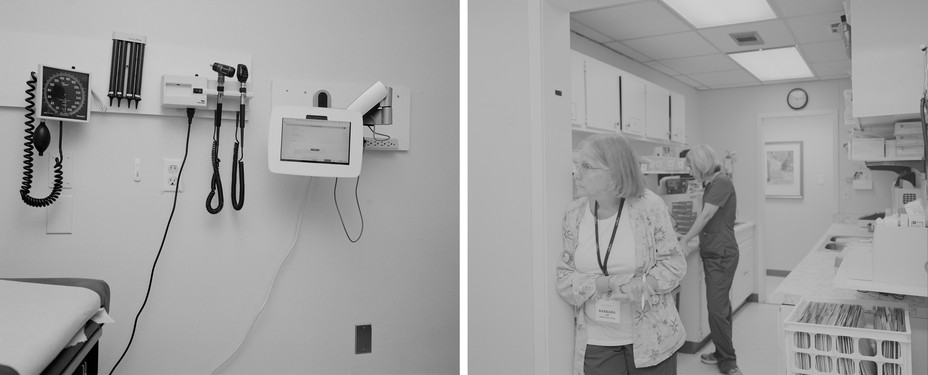
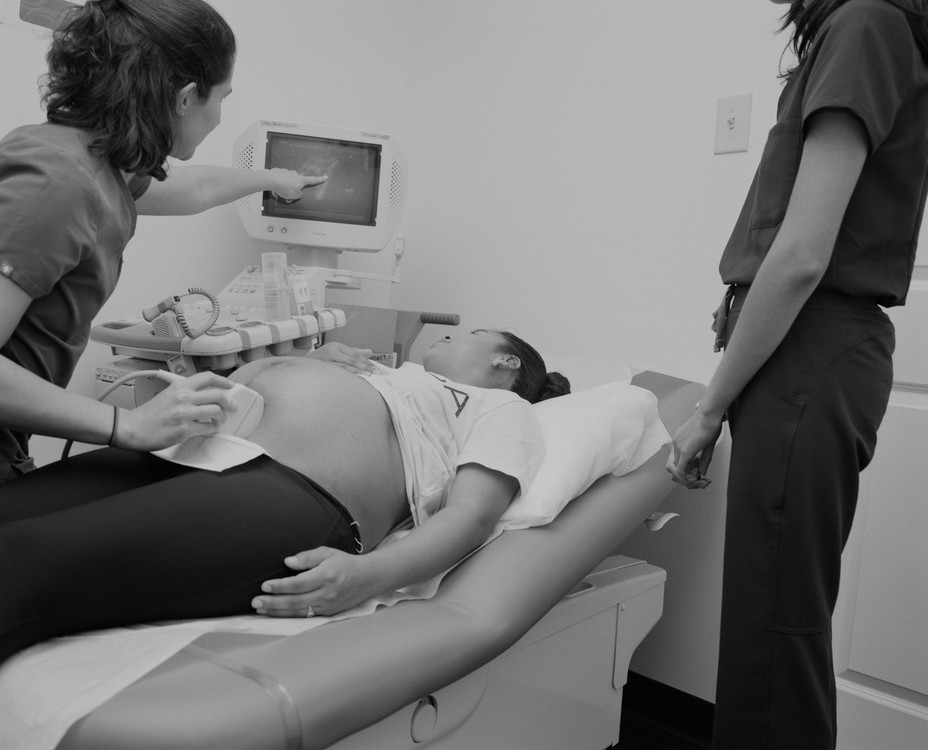
Adams Compassionate Healthcare Network
About 10 years ago, Yahya Alvi applied for a job at the Adams Compassionate Healthcare Network, half an hour from Washington, D.C. The organization’s president told him that his dream was to open a free clinic. “That is my passion,” Alvi responded. He started by securing empty space at a nearby mosque and taking free equipment from a clinic that was giving it away. At the beginning, he employed only one doctor and himself, and the clinic was open just one day a week.
Today, it operates six days a week and has two paid nurse practitioners in addition to the two doctors. The clinic was founded by Muslims, but it accepts anyone without insurance or the money to pay for medical care, from anywhere in the country and practicing any religion. “Our religion says that all human beings are created by God almighty,” Alvi told me. “And all deserve equal treatment.”
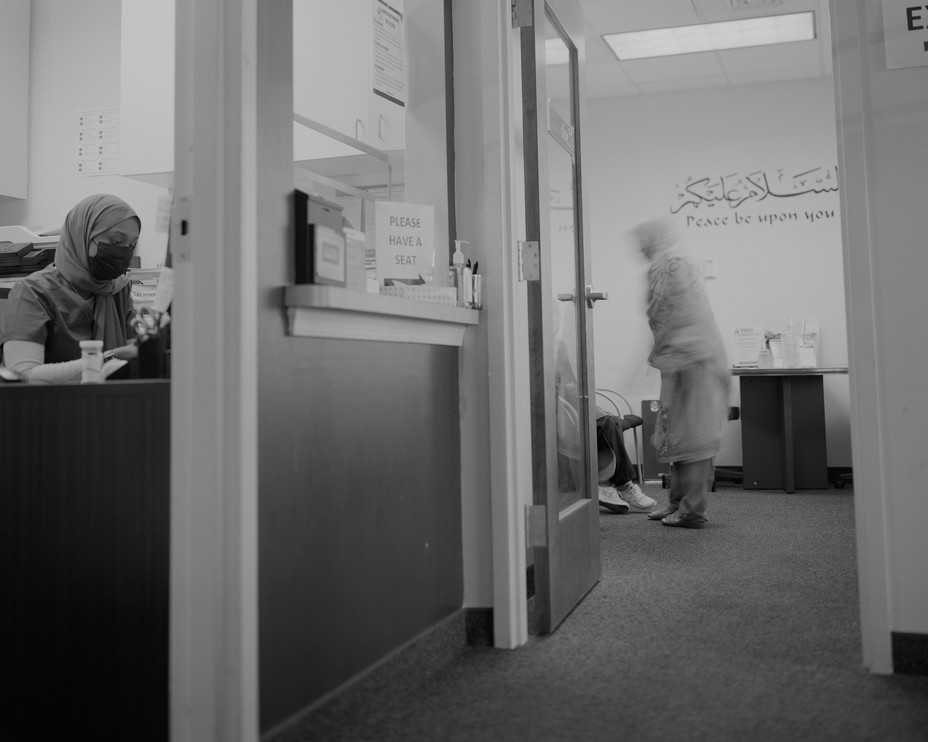
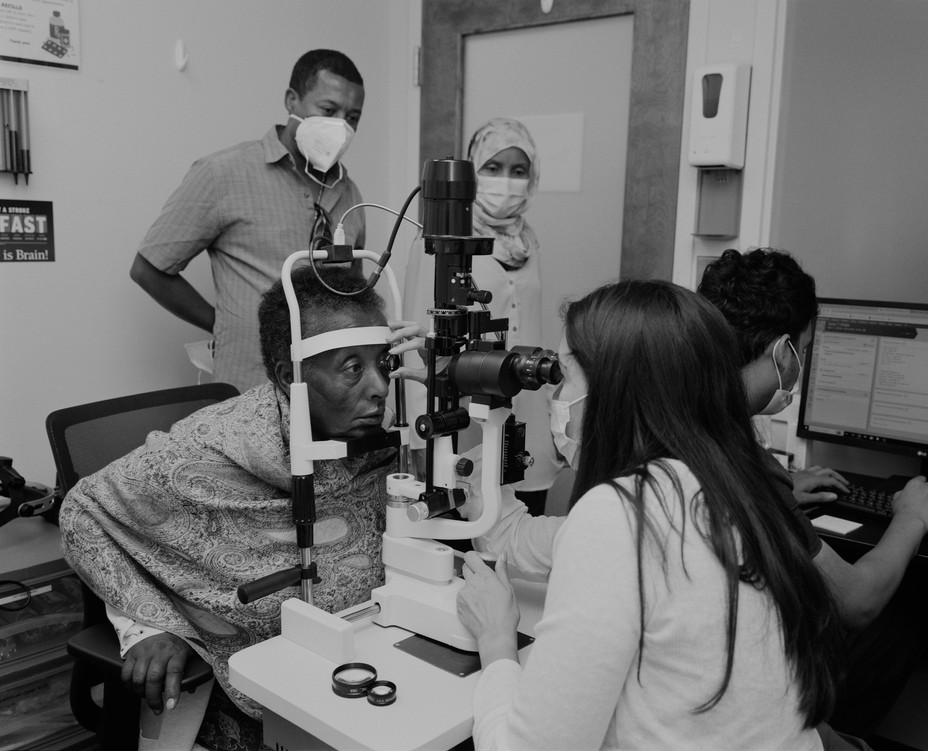
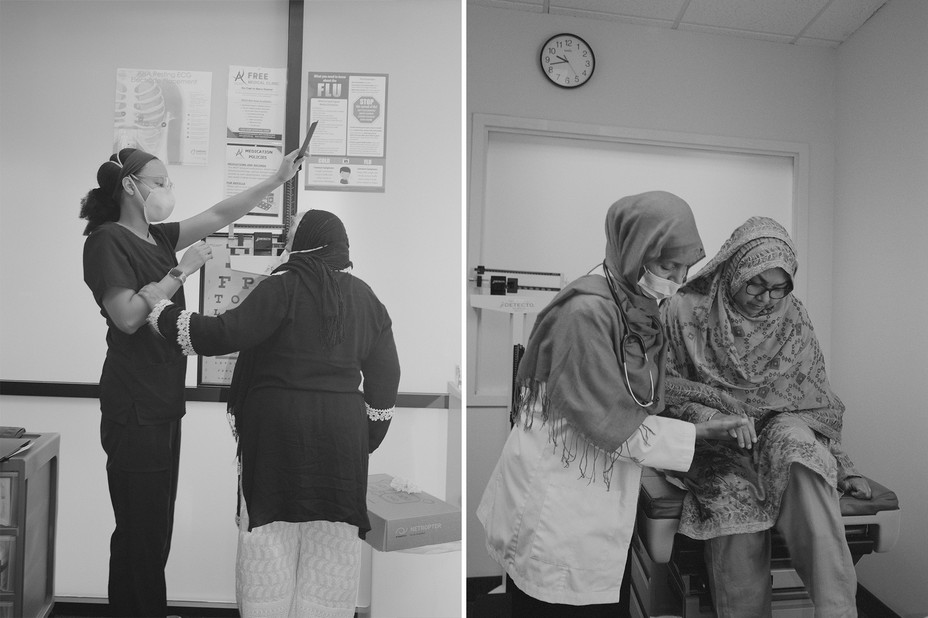
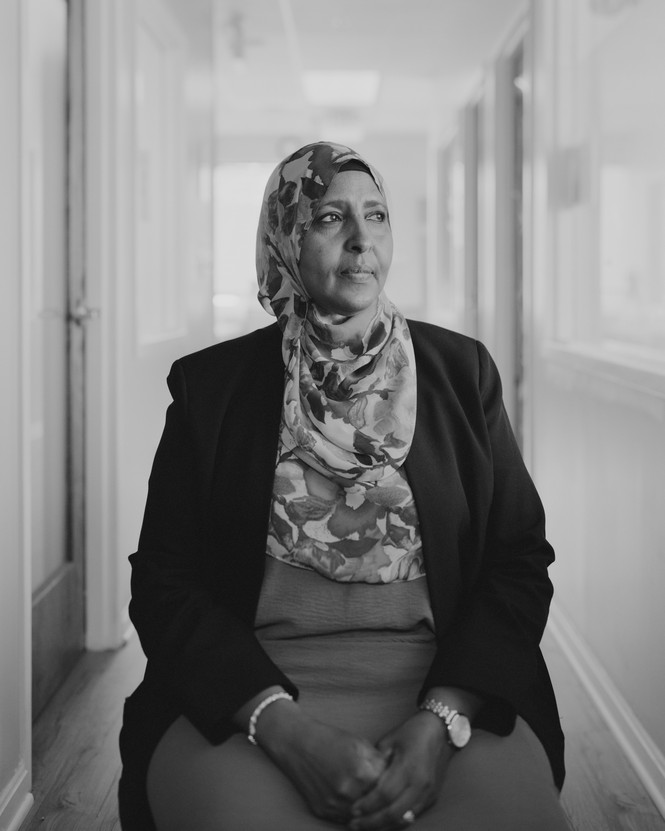
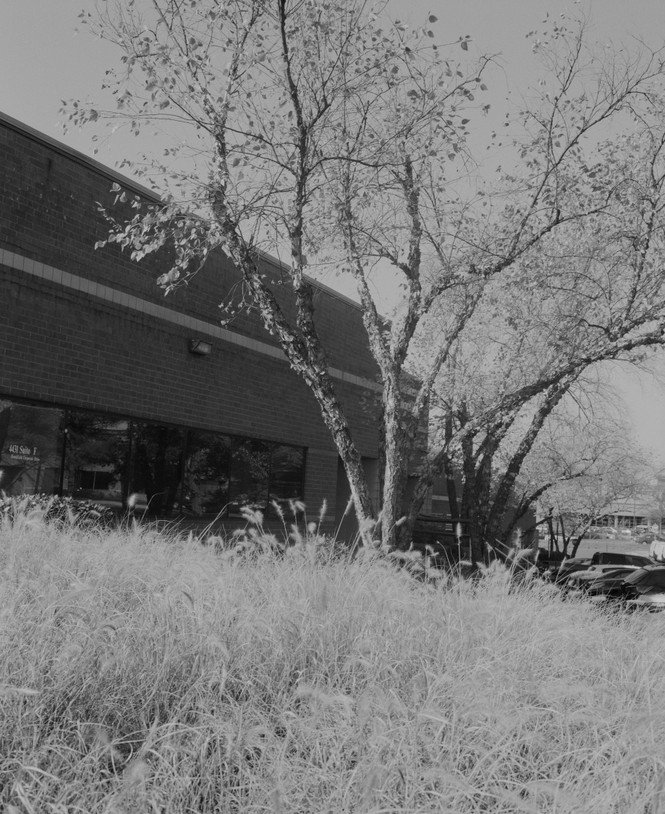
Madam Russell United Methodist
Saltville, Virginia
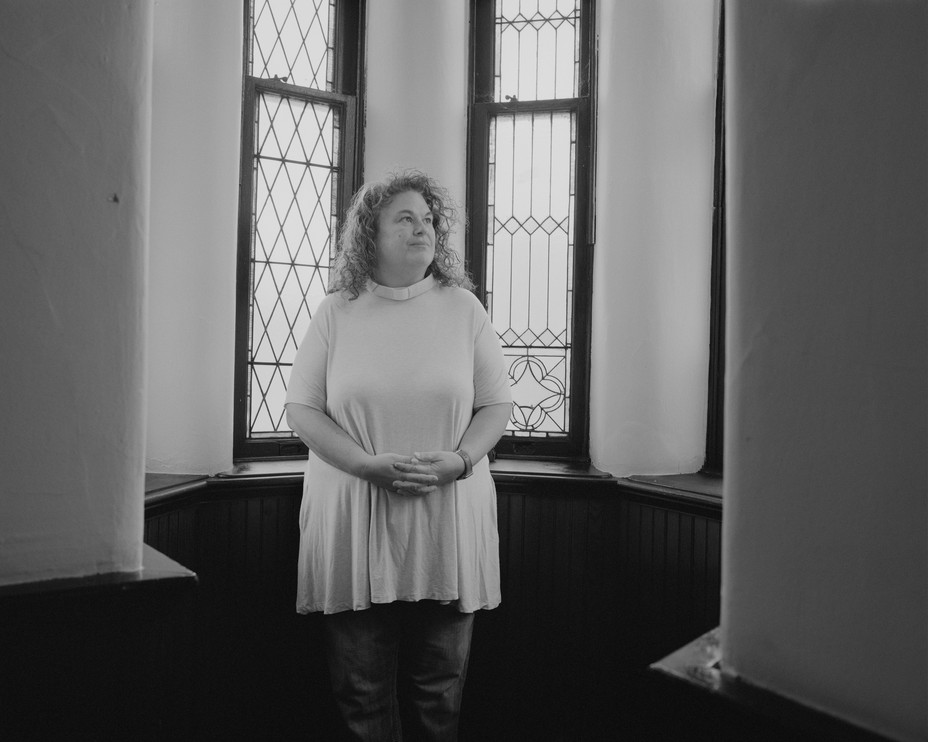
One day in 2021, Steve Hunt was on the side of the road, trying to hitchhike to a grocery store about seven miles from his home in Saltville, Virginia. Hunt had lost his sight a few years earlier, after an infection in his leg went septic and he fell and knocked his retinas loose. Lisa Bryant saw him when she pulled up at a stop sign. She’s a pastor, and she had just finished a service at one church and had to be at another in an hour. She was in a hurry. But just the week before, she had preached about Jesus calling his followers to bring the blind and suffering to him. She gave Hunt a ride.
The interaction came at a crucial time for Hunt. “I was at bottom at that point,” he told me. His house was strewn with glass shards because he kept breaking things. He was struggling with addiction. “Everything was falling down around me, mentally and emotionally,” he said. “I was asking God to kill me that day she picked me up.”
Instead, Hunt started going to the new 12-step program Bryant had started at her main church, Madam Russell United Methodist. “They just kind of pulled around me, supported me,” he said of the congregation. He’s helped Bryant expand that program, the only one in a town where opioid use is rife but all the addiction-recovery programs are oversubscribed. Bryant has also set up community-service opportunities at her church for people convicted of drug offenses, and is working to secure transitional housing for people dealing with addiction.
Bryant doesn’t think the point of being a Christian is just to get to heaven after death, but to see the kingdom of heaven on Earth, too. She’s realized that “giving these people a new community, a healthy community, is one of the best things we can do for them,” she said. “We all need each other. That’s just how we’re created.”
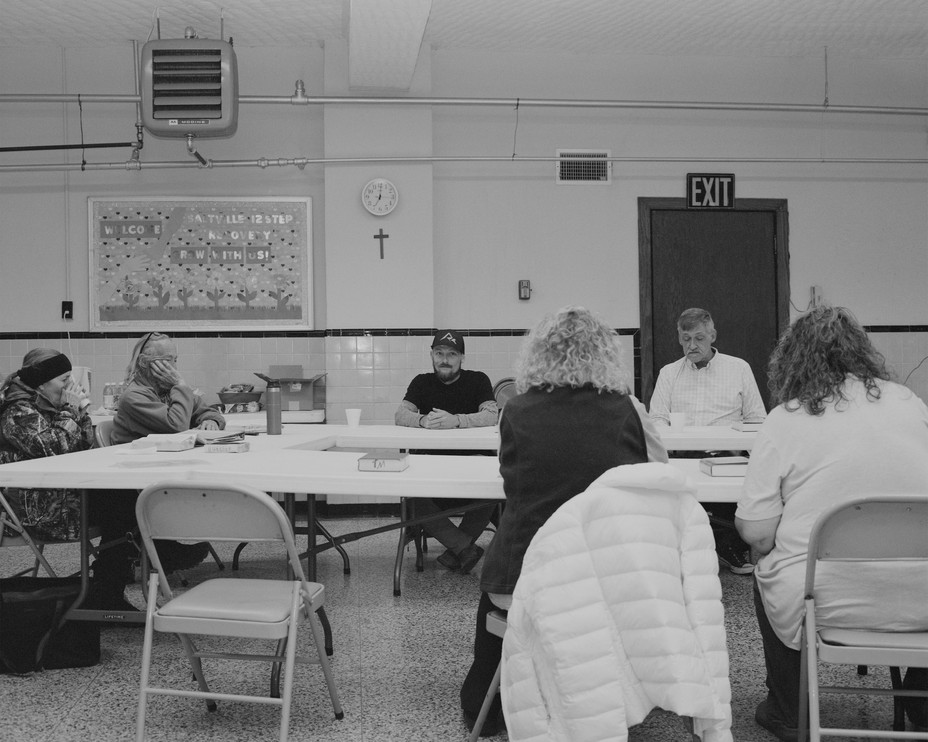
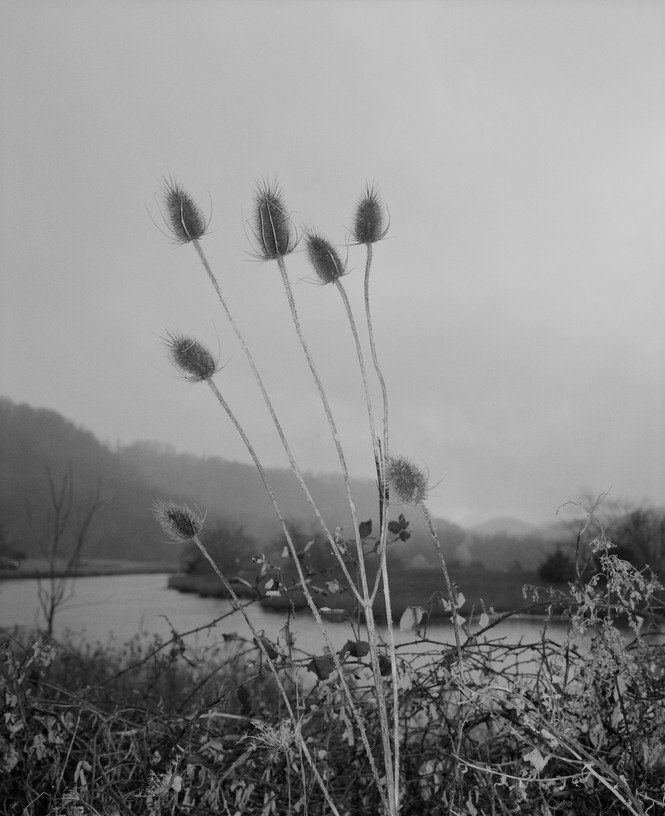
Support for this story was provided by the Magnum Foundation, in partnership with the Commonwealth Fund.



